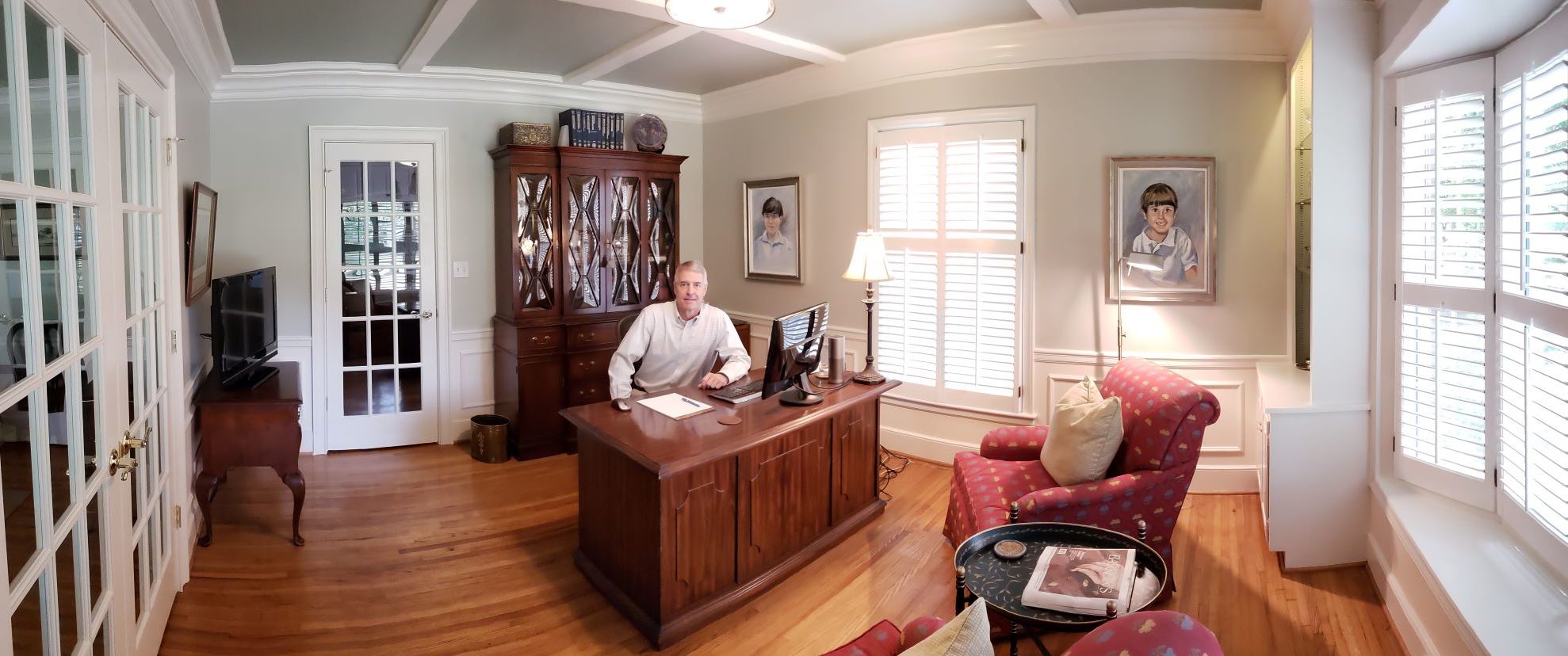Municipal bonds offer an interesting proposition for high income bond holders. Although muni yields are generally less than their corporate counterparts, for those in upper income tax brackets, the tax adjusted yield is often higher. What’s not to like about tax-exempt?
For one, there’s more than one way to generate tax-free income. For those with Traditional IRA’s, the income limitation on conversions has been eliminated. I think the most important variable in the Roth conversion analysis is the owner’s tax rate. If one assumes that income tax rates will increase, or that they will be in a higher tax bracket, they should probably convert. If they expect to be in a lower tax bracket, either due to lower income in retirement or a general reduction in income taxes, they probably should not convert from Traditional to Roth.
If the tax rate assumption does not move you, or if you think rates will stay the same, consider these other Roth advantages. Do not underestimate the added liquidity factor of the Roth. If an account has been open for at least five years, all contributions can be withdrawn without additional tax or penalty, since contributions have already been taxed. Additionally, there are no Required Minimum Distributions for Roth IRA’s. Considering these advantages, unless you expect your tax burden to diminish, you might consider a Roth conversion.
Now what about those muni bonds? If the idea of a Roth conversion intrigues you, ask yourself, why would anyone invest in municipal bonds for tax-exempt income and receive a lower tax rate, when they could have tax-free income from higher yielding corporate bonds in a Roth IRA account? Adding tax diversification to your portfolio is still another reason to consider that Roth conversion.
I expect this conversion to get more air time as interest rates increase and the notion of bond income in retirement gains relevance.
Investing involves risk of loss of principal. Please consult your financial advisor before investing. State tax exemption might depend on state of residence.
